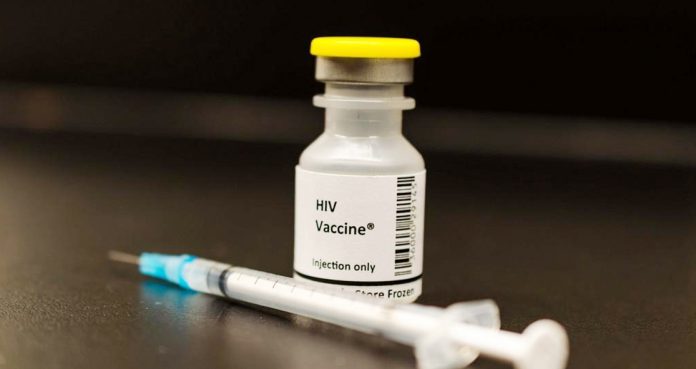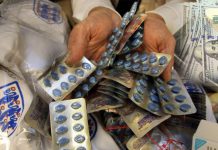On World AIDS Day, health officials across the globe have been making some important advances in order to combat HIV – thanks to three experimental HIV vaccines, which are now entering the final stages of clinical trials.
The three experimental vaccines include HVTN 702, Imbokodo, and Mosaico, which are under their late-stage clinical trials. Although it is unclear whether the vaccine would work, experts are pretty optimistic about the results, predicting that there would be an effective HIV vaccine at least by 2023.
Dr. Susan Buchbinder, who is involved in Imbokodo and Mosaico trials, said, “This is perhaps one of the most optimistic moments we have been in. We have three vaccines currently being tested in efficacy trials and it takes quite a bit to actually be promising enough in the earlier stages of trials to move you forward into an efficacy study.”
HVTN 702, which is the oldest HIV vaccine that is undergoing trial, is based on a prior vaccine called RV144, which was not effective enough. The RV144 human trials showed that it reduced the rate of infections by nearly 30 percent, so it remains the only available HIV vaccine.
In 2016, the clinical trials of HVTN 702 were launched in South Africa after the failure of RV144.
The National Institute of Allergy and Infectious Diseases (NIAID) said, “The modified vaccination regime aims to provide greater and more sustained protection than the RV144 regimen and has been adapted to the HIV subtype that predominates in southern Africa, also known as HIV-1 clade C.”
NIAID Director Dr. Anthony Fauci said he is more optimistic that a “partially effective vaccine would be worth deploying.”
“That is because prevention strategies like pre-exposure prophylaxis (PrEP) and treatment as prevention (TasP) are being so successfully used, even in the absence of a vaccine, that if one or more of these vaccines look good, have a 50-60 percent efficacy, I think that’s going to be the game-changer for turning the epidemic around,” he added.
The second clinical trial of Imbokodo began in 2017 in five South African nations. The third vaccine, Mosaico, marked its informal start last month.
Dr. Fauci said, “It’s almost unbelievable, but it’s true, women between the ages of 18 and 25 — the prevalence of infection is well over 50 percent. If ever you wanted to get a population that, if the vaccine works, you’re going to know pretty quickly, then you want to go in women.”
The results of the HVTN 702 clinical trials are expected by 2021. And the results of the Imbokodo are expected in 2021, while that of Mosaico in 2023.
Dr. Fauci noted, “In all of these trials, intermittently the data and safety monitoring board takes a look at the data, and either says the data are so bad you have got to stop, or the data are so overwhelmingly good that you have got to stop.”
“None of these vaccines is a particularly simple regimen so it’s going to require quite a bit of effort to deploy,” said Dr. Buchbinder. “They require multiple injections, and so each one would require a minimum of four different doses in its current configuration.”
Public health officials said there are currently enough tools to stop the spread of the infection if these vaccine trials fail. Dr. Fauci played a key role in drafting the President Donald Trump’s “Ending the HIV Epidemic” plan. The NIAID director said he aims to “lower new infections by 75 percent in five years and by 90 percent in 10 years even in the absence of a vaccine.”























